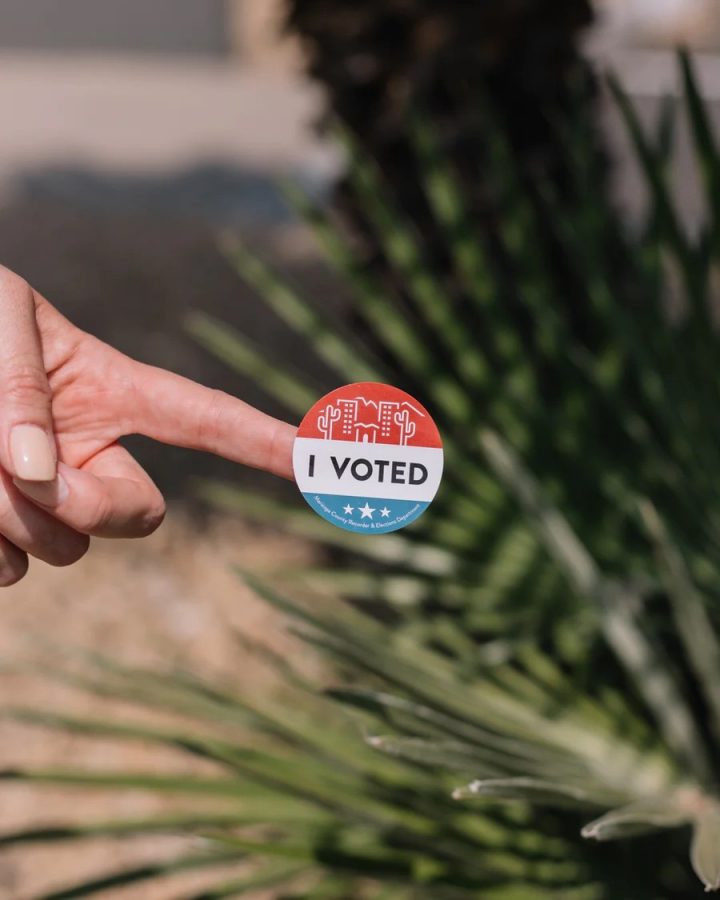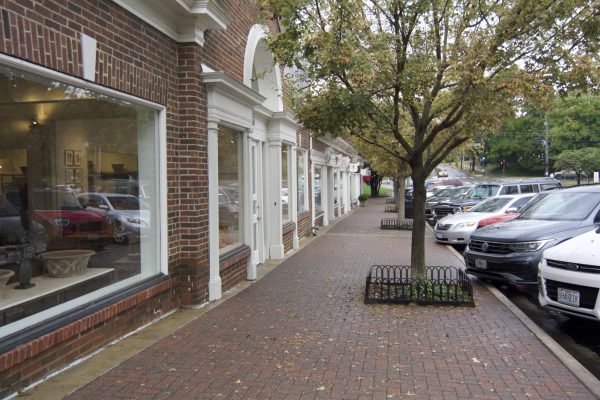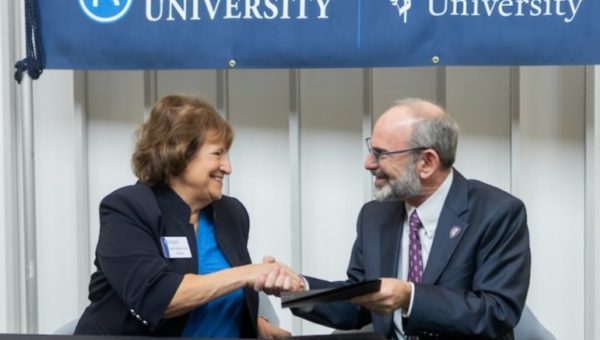Become an informed voter: how to spot fake news
We’ve all been there. You’re sitting down to dinner with extended family, and a heated political discussion is nearing the tipping point.
Politics are a sensitive subject, and many people are very passionate about the ideals and opinions they hold. Most people form these opinions through personal experience or the news they read.
How do you know if what you’re reading is true?
With a monumental election coming up in less than 50 days, collecting accurate information is more crucial than ever. Here are a few tips to help you better recognize fake news.
Understanding the source
Tom Ringenberg, assistant professor of political science at Rockhurst, notes that understanding the source via the byline and publisher is the first step in identifying false information.
“Serious journalists and reporters want to be credited for their work. If there isn’t a human or a team behind the news, this should put up a red flag in your mind,” he said.
Ringenberg added many fake news sites will duplicate logos or names, so don’t use these as cues. Instead, dive deeper into the website and research the “about us” page. If the information noted here isn’t easily understandable, you should be suspicious.
For example, The Boston Tribune may sound like a legit source, but further investigation will show you the only public information about the organization is a Gmail address. Read smart and put a big fat red ‘X’ through sites which claim they are one of the top-rated websites in the world for new world order. (Yes, whatdoesitmean.com alleges this.)
Recognizing bias
It’s near impossible to find a source which doesn’t slightly lean one way on the political spectrum. Even this article has a bit of my personal bias. The best way to combat this is to simply be conscious of the source’s bias as well as your own. Confirmation bias — only consuming media which validates what you believe — won’t make you informed on any opinions outside of your own. In fact, reading sources that are opposite of your beliefs and biases can strengthen your own personal viewpoint.
Social media is one platform where bias is especially prevalent. According to Journalism.org, one-in-five U.S. adults say they primarily get their political news through social media. This study, conducted by Pew Research Center, went on to share the results showed these Americans were less knowledgeable and likely to get the facts right regarding politics or other major world stories. In addition to this, the survey also found these Americans were more likely to have heard about false or unproven claims. While social media is a quick way to remain updated on the world around you, being aware of confirmation bias through who you follow should be recognized, and further research should be done beyond the small amount of information you engage with.
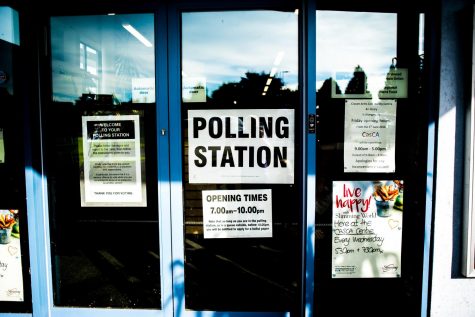
Resources
If you are interested in learning which politician best aligns with your personal beliefs, check out isidewith.com to complete a brief quiz over current political issues/stances. Upon completion, the site will generate different percentages, matching you with the candidates which best align with your opinions.
OnTheIssues.org is a great source for a better understanding of politicians’ stances on issues, said Ringenberg. It has compiled a master list with direct quotes and fact checks for the current Presidential and Vice-Presidential candidates as well as many others.
For more information on identifying fake news, please utilize factcheck.org and their article on How to Spot Fake News. In addition to factcheck.org, Politifact and the Washington Post Fact Checker are both reliable sources to double check the information you are consuming.
Register to vote
Click here to register to vote in Missouri. Be aware the deadline to register to vote in-person in Missouri is Oct. 7 with the deadline to request an absentee ballot on (received by) Oct. 21 at 5:00 PM CST
Click here to register to vote in Kansas. Be aware the deadline to register to vote in-person in Kansas is Oct. 13 with the deadline to request an absentee ballot on (received by) Oct. 27.
Click here to request an absentee ballot. Deadlines to request absentee ballot vary by state. As long as you register to vote in the state where you go to school, you should not have to fill out an absentee ballot as you will be able to vote either in-person, online or by mail in the state you attend school at. For more information on this, please visit this FAQ site at vote.org.
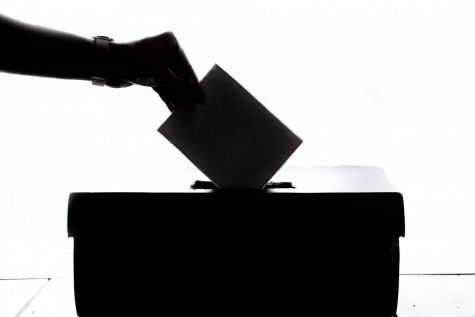
Edited by Emma Martinez


